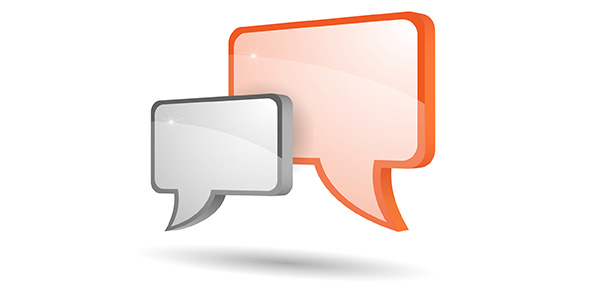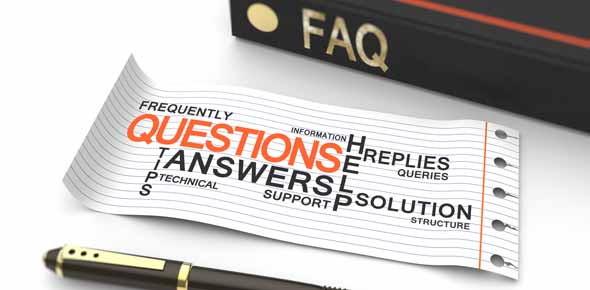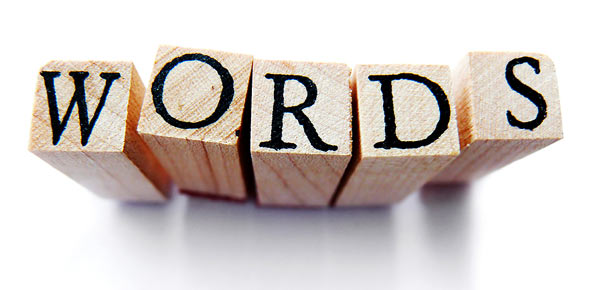Related Flashcards
Related Topics
Cards In This Set
| Front | Back |
|
Cranial nerve V
|
Trigeminal- motor innervation= muscles of mastication, sensory=tactile sensations of the nose and oral mucosa
|
|
Cranial nerve VII
|
Facial- motor innervation= facial muscles, sensory= taste in the anterior 2/3's of the tongue and sensation to the soft palate
|
|
Cranial nerve VIII
|
Acoustic- carries sensory info to Heschl's gyrus in the temporal lobe (primary auditory cortex)
|
|
Cranial nerve IX
|
Glossopharyngeal- motor= superior pharyngeal constricotr and syopharyngeus muscles, sensory= taste in posterior 1/3 of the tongue and sensation to the fuases, tonsils, pharynx, and soft palate.
|
|
Cranial nerve X
|
Vagus-controls autonomic nervous system involving thoarcic and abdominal viscera.
Branches= Superior Laryngeal Nerve (SPN) and Recurrent laryngeal nerve (RLN).
Vagus- MOtor=innervation of pharynx and larynx, velum, base of tongue, superior, middle, and inferior pharyngeal constricots, larynx, and autonomic ganglis of the thorax. (affecting respiratory aspcets of phonation)
|
|
Cranial nerve XI
|
Spinal Accessory- motor=innervation of the neck accessoyr muscles. 2 sections= cranial portion and spinal portion. Cranial portion- innervates levator veli palatini and uvula. Spinal portion- innervates major muscles of the neck such as the sternocleidomastoid and the trapezius muscles.
Lesions to cranial nerve XI=problems of resonance because of the contribution to respiration of the neck accessory muscles.
|
|
Canial nerve XII
|
Hypoglossal- motor=extrinsic and intrinsic muscles of the tongue, some neck strap muslces.
Muscles it innervates: omohyoid, sternothyroid, styloglossus, hyoglossus, genioglossus, geniohyoid, sternohyoid, all instrinsic tongue muslces. Hypoglossal nerve positions the larynx, depression or elevation of the total laryngeal body and is essential for all intrinsic movements of the tongue. Impact on voice= resonance and quality.
|
|
Superior Laryngeal Nerve- branches
|
Internal and external Internal branch=snesory innervation to the mucous membrane at the base of the tongue and to the mucous membrane of the supraglottal larynx.
External branch-motor innervation to part of the lower pharyngeal constrictor and to the cricothyroid muscles.
|
|
Cricothyroid muscle- function
|
It is an intrinsic laryngeal muscle. It is paired. Divided into 2 parts, the recta and the obliqua. Contraction increases the distance between the cricoid and thyroid cartilages, increasing the length of the vocal folds= rise in pitch. Also, has an adduction action.
|
|
Cricothyroid disorder
|
Lesions are rare, often related to viral neuropathy. Primary symptom=inability to raise vocal pitch. In unilateral CT paralysis there may be extreme hoarseness and occasional diplophonia.
|
|
Recurrent laryngeal nerve
|
Branches off the Vagus below the level of the larynx. almost at the level of the middle trachea. 3 branches. RLN is vital to the abductory-adductory function of the larynx as it innervates the 5 intrinsic muslces of the larynx. (thyroarytenoid,posterior cricoarytenoid, lateral cricoarytenoid, transverse arytenoids, oblique arytenoids.
|
|
Thyroarytenoid (TA) muscle
|
It is the main mass of the vocal fold. Originates in the anterior commissure. Medial portion of the TA is the vocalis muscle inserting in the vocal process of the arytenoid. Thyromuscularis= the larger muscle ortion of the TA. TA is a primary valve in airway protection. Also, the vibrating mass=phonation. Changes in pitch are related to changes in tension. TA contraction also contributes to medial vocal fold adduction.
|
|
Thyroidarytenoid problems
|
Flaccid paralysis resulting from cutting or trauma to the RLN = vocal fold atrophy resulting in weakness in vocal fold papproximation, midfold bowing and dysphonia. Subtle changes of pitch variation will also be compromised with lack of TA innervation
|
|
Posterior Cricoarytenoid (PCA)
|
Paired. It is the lone abductor muscles of the vocal folds. When it contracts, it rocks and lsides the arytenoid, parting the arytenoids and abducting the vocal folds.
|
|
PCA paralysis
|
Primary symptom=inability to open the glottis on the involved side, creating a unilateral abductor paralysis
|








